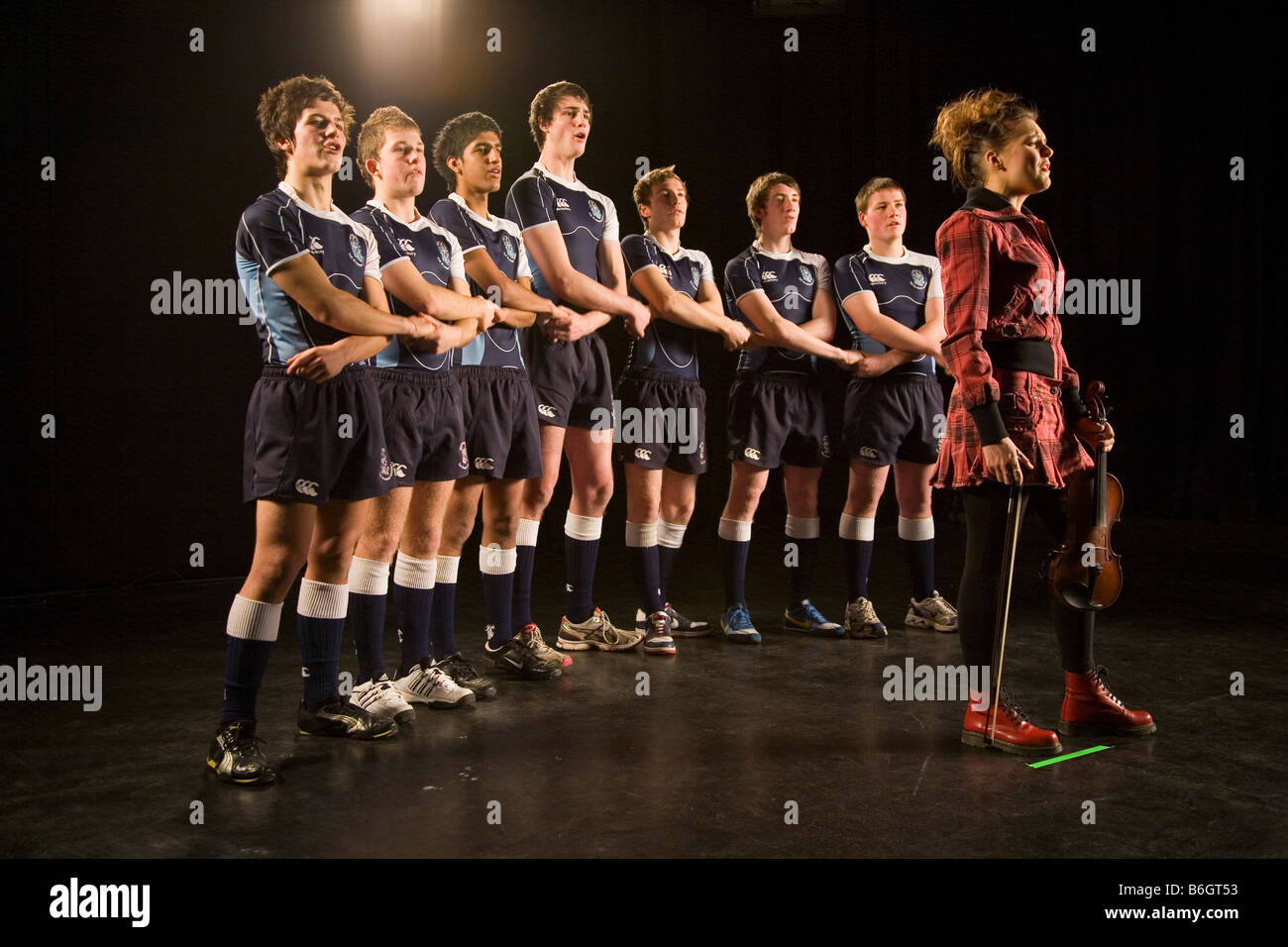

West's dominance declined as the 1970s progressed. West were Joint Championship Winners with Hawick in 1965 and Championship Winners in 1971. In 1964 Peter Brown became the first West player to be capped since WWII. Notable players included David Sheldon, Tom Bottomley, Quintin Dunlop, Gordon Brown, Peter Brown, Alastair McHarg, and Sandy Carmichael. The 1960s and early 1970s would prove to be a period of great success and popularity for West, who saw an influx of talent as the only senior 'open club' in Glasgow. However, it would not be until 17th September 1960 and a further investment of £10,000 that the first game, against Glasgow High School FP, would be played at Burnbrae. The Burnbrae site at Milngavie was purchased by West for £1000 in July 1953. Despite this unusual situation the club continued to thrive. Games were played by arrangement at Glasgow Academicals, St Aloysius, Balgray, Glasgow University, and Old Anniesland. West continued to play without a home ground for many years. The club was styled as Kelvinside-West during this period. This continued until 1951 when the numbers of Kelvinside's own players made it impractical for West to continue with the arrangement. When hostilities were over, a letter was received from the Board of the Cricket Club saying that they did not see their way to permit the Football Club to return to Hamilton Crescent.Īn agreement was reached with Kelvinside Academy to run a joint side and play at Balgray, Kelvinside's ground. During the war accounts were settled and arrangements cancelled with the Cricket Club at Hamilton Crescent. Play ceased with the outbreak of war in 1939 and did not begin again until the 1945/46 season. On field success declined in the late 1920s and 1930s but West remained a popular club with a large membership. A number of local clubs, including Clydesdale and Partickhill, did not survive the war and West gained new players following their closure. The war saw the deaths of many fine West players. He died in 1929.Īctivities at West ceased with the outbreak of war in 1914 and did not recommence until the 1919/20 season. He was to the fore when the SRU was formed and later became President of that organisation. He had played for West and Scotland and was Honorary Secretary for 18 years prior to his election as President. Kidston, one of Scotland's great rugby personalities, was elected as the first Club President. They were championship winners several times in the 1880s and 1890s and produced a great many Scottish internationalists through their early history. West were amongst the founder members of the Scottish Rugby Union (SRU) in 1873 and enjoyed much early success. West's distinctive yellow and red striped jersey was introduced as part of a new strip approved at the 1871 Club AGM, replacing the original club colours of blue. West played their first inter-club rugby against Edinburgh Academicals at Hamilton Crescent on 15th November 1867 (a win), with a return game at Raeburn Place on 14th December (a loss). Initially play was confined to contests between club members. It began as an off-shoot of the West of Scotland Cricket Club, itself established at Hamilton Crescent, Partick, Glasgow in 1862. West of Scotland Football Club was formed in 1865. He played for West from the 1908/09 season and was a Scotland Internationalist between 1909-1911. Stuart was the author of the centenary history, 'West of Scotland Football Club 1865/1965'. They are perhaps most notable for their successes of the 1960s and 1970s and were considered a true powerhouse of British rugby at this time. West have enjoyed a long and varied history with periods of great success, winning numerous Scottish Championships and producing a great many Scottish internationalists and several British and Irish Lions. Established in 1865, West are one of the oldest rugby clubs in the world, and a founding member of the Scottish Rugby Union. West of Scotland Football Club, known as West, are a rugby union club based at the Burnbrae ground in Milngavie, Scotland. Stuart, mostly relating to sporting and social events in Burma. Includes administrative and financial records, membership records, grounds and property records, player and coaching records, fixture records, and photographs. Records of the West of Scotland (Rugby) Football Club, Milngavie.


 0 kommentar(er)
0 kommentar(er)
